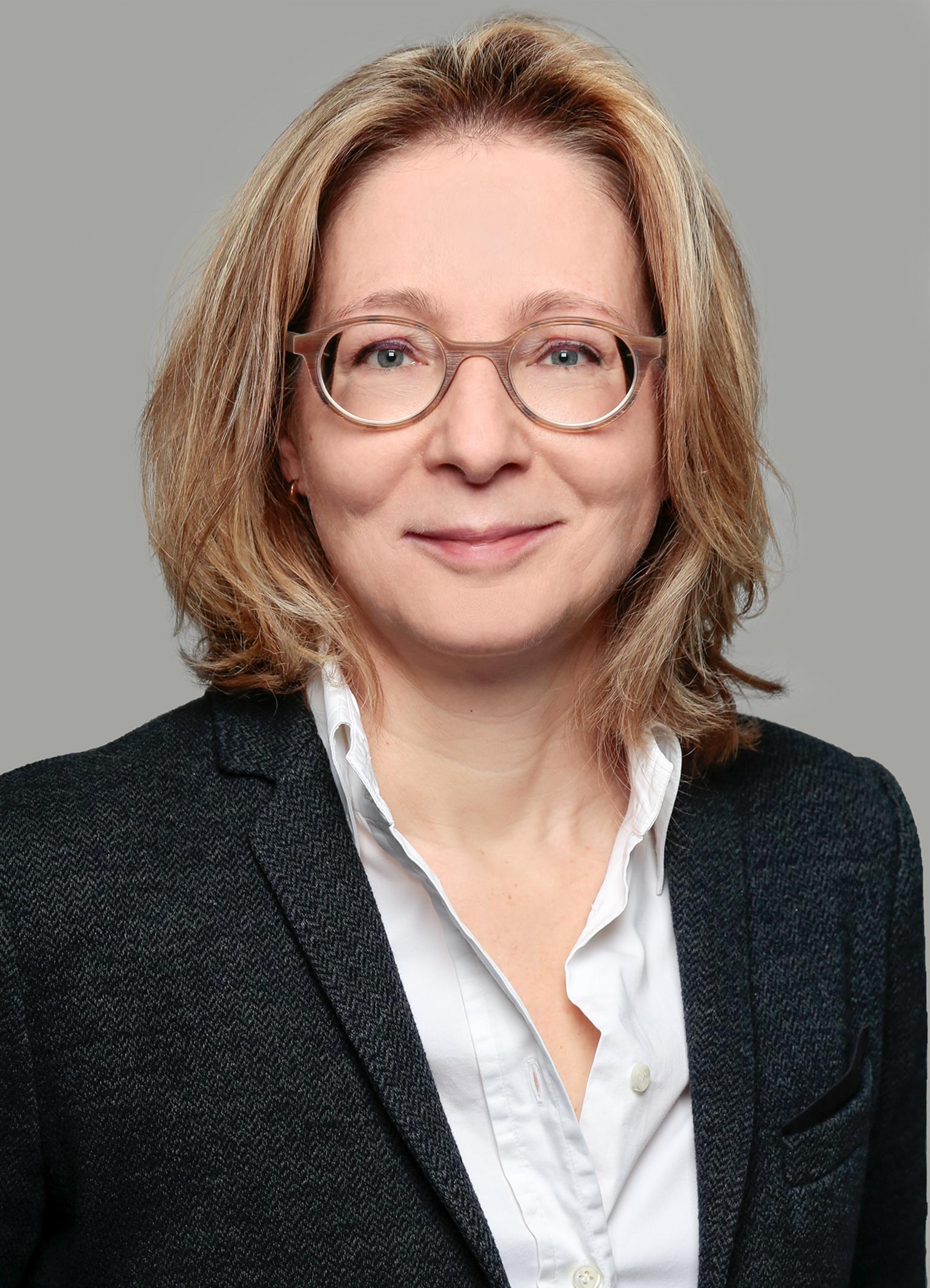Experts
Muriel Asseburg

Former Visiting Scholar, Middle East Center
About
This person is no longer with the Carnegie Endowment.
Muriel Asseburg is the head of the Middle East and Africa Department of the German Institute for International and Security Affairs in Berlin (SWP). She was a visiting scholar at the Carnegie Middle East Center in 2008. Her research focuses on the Middle East conflict, German and Middle East politics, the Euro–Mediterranean Partnership, and state building, political reform, and political Islam in the Middle East.
From 2000 to 2001, she served as a program coordinator and deputy head of the Friedrich Ebert Foundation’s office in Jerusalem and as a research associate at SWP from 1995 to 2000.
Selected Publications:
The Challenge of Islamists for EU and US Policies: Conflict, Stability and Reform (Berlin: Stiftung Wissenschaft und Politik, 2007) (ed with Daniel Brumberg); EU Policies Towards the Palestinian Government–Neither State Building nor Democratization, Stefan Lütgenau (ed); Human Rights and a Middle East Peace Process: Analyses and Case Studies from a New Perspective (Innsbruck u.a.: Studien Verlag, 2007) pp. 278-284; In the Aftermath of the Palestinian Parliamentary Elections: How to Deal with Hamas? (Berlin: Stiftung Wissenschaft und Politik, 2006).
Affiliations
Education
Ph.D., Ludwig Maximilians University, Munich, Germany.
Languages
Arabic, English, French, German